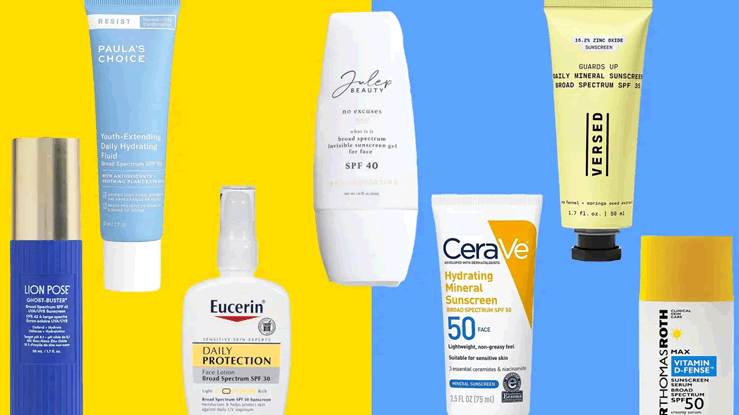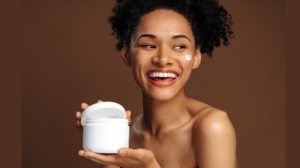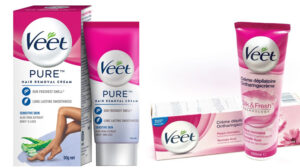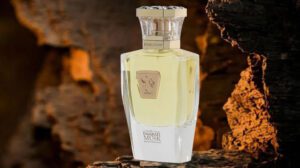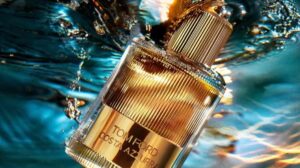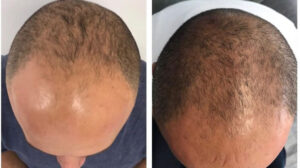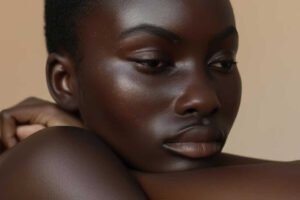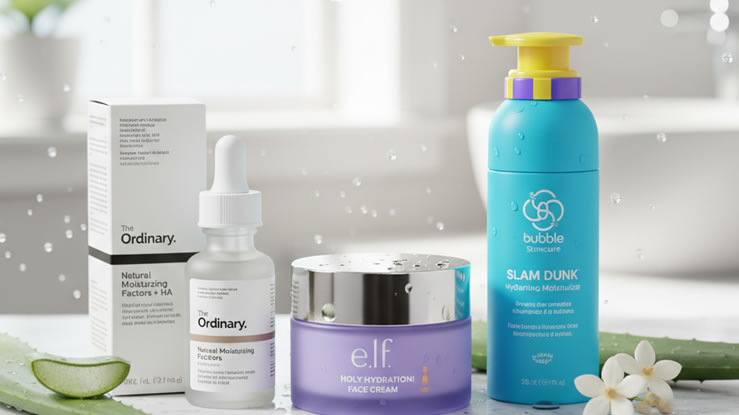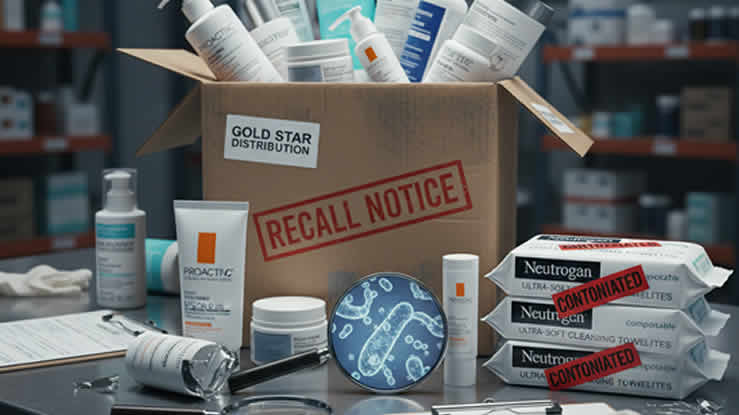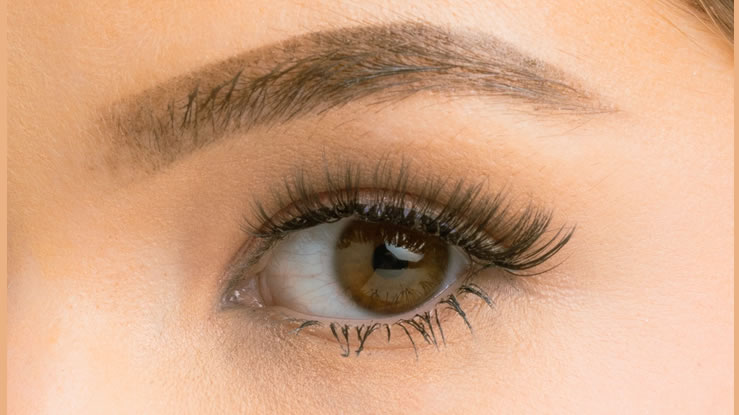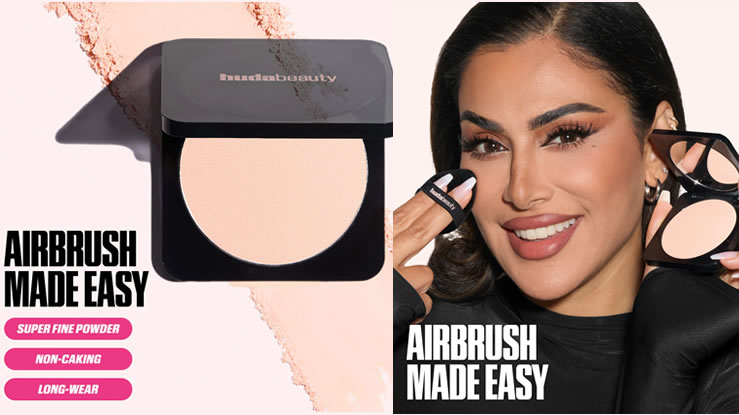When it comes to protecting your skin from sun damage, using the best dermatologist-recommended sunscreen is non-negotiable. Sunscreen is the #1 defense against premature aging, sunburn, and skin cancer, and dermatologists emphasize its daily use regardless of the weather or season. But with so many options on the market, how do you know which sunscreen is truly the best for your skin?
According to dermatologists, the best dermatologist-recommended sunscreen should meet these criteria:
- Broad-spectrum protection against UVA and UVB rays
- SPF 30 or higher for optimal sun protection
- Water-resistant formulas for long-lasting effectiveness
- Non-comedogenic and hypoallergenic to avoid breakouts and irritation
- Suitable ingredients for different skin types, including sensitive, oily, dry, and acne-prone skin
This guide will break down the top dermatologist-approved sunscreens, explain the difference between mineral and chemical sunscreens, and provide expert tips on how to apply sunscreen properly for maximum protection.
Let’s dive in!
What Makes the Best Dermatologist-Recommended Sunscreen?
1. Broad-Spectrum Protection: The #1 Priority
Dermatologists always recommend broad-spectrum sunscreens that protect against:
- UVA rays – Cause wrinkles, fine lines, hyperpigmentation, and premature aging
- UVB rays – Responsible for sunburn, inflammation, and skin cancer risk
A sunscreen with broad-spectrum protection ensures that you’re getting complete coverage against both types of UV rays.
2. SPF 30 or Higher: The Gold Standard
Dermatologists strongly recommend using a minimum of SPF 30 for daily protection.
- SPF 30 blocks about 97% of UVB rays
- SPF 50 blocks about 98% of UVB rays
- SPF 100 blocks about 99% of UVB rays
While higher SPF values provide more protection, SPF 30 is usually sufficient for everyday use. However, if you spend extended time outdoors, SPF 50 or higher is preferred.
3. Water Resistance: Essential for Outdoor Activities
Sunscreen should last on your skin, especially if you’re sweating or swimming.
Dermatologists recommend sunscreens with at least 40-80 minutes of water resistance, meaning they can withstand moisture before reapplication is needed.
4. Safe & Skin-Friendly Ingredients
For people with sensitive or acne-prone skin, dermatologists advise choosing fragrance-free, non-comedogenic, and hypoallergenic formulas.
Common dermatologist-approved sunscreen ingredients include
- Zinc Oxide & Titanium Dioxide (for mineral sunscreens)
- Avobenzone, Octisalate, Octocrylene (for chemical sunscreens)
- Hyaluronic Acid & Niacinamide (for hydration & soothing skin)
Mineral vs. Chemical Sunscreen: Which One Do Dermatologists Prefer?
| Feature | Mineral Sunscreen (Physical Sunscreen) | Chemical Sunscreen |
|---|---|---|
| How It Works | Creates a physical barrier that reflects UV rays | Absorbs UV rays and converts them into heat |
| Active Ingredients | Zinc Oxide, Titanium Dioxide | Oxybenzone, Avobenzone, Octinoxate, Octocrylene |
| Best For | Sensitive skin, rosacea, acne-prone skin, and children | Darker skin tones, lightweight and easy absorption |
| White Cast? | Can leave a slight white residue | Blends easily into the skin |
| Irritation Risk | Low | Higher risk for sensitive skin |
| Water Resistance | Less water-resistant | Often more sweat- and water-resistant |
Best Choice According to Dermatologists
For sensitive skin, rosacea, or acne-prone skin, mineral sunscreens with Zinc Oxide and Titanium Dioxide are best.
For oily or darker skin tones, a lightweight chemical sunscreen with Avobenzone works well without leaving a white cast.
Choosing the best dermatologist-recommended sunscreen depends on your skin type, concerns, and lifestyle needs. Whether you have oily, dry, sensitive, acne-prone, or combination skin, dermatologists recommend sunscreens formulated to provide maximum protection without irritation. Here’s a breakdown of the top sunscreen options for every skin type:
1. Best Sunscreen for Oily and Acne-Prone Skin
If you have oily or acne-prone skin, you need a sunscreen that is lightweight, oil-free, and non-comedogenic to prevent clogged pores and breakouts. Many dermatologists recommend gel-based or mattifying sunscreens that help control excess oil while still offering strong UV protection.
Top Pick: EltaMD UV Clear Broad-Spectrum SPF 46
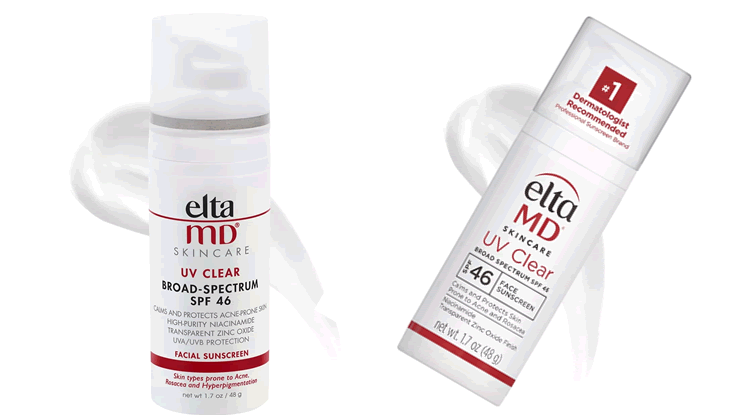
- Contains Niacinamide to help reduce inflammation and redness
- Oil-free and non-greasy, making it ideal for acne-prone skin
- Zinc oxide-based mineral sunscreen that provides broad-spectrum protection
- Dermatologist-approved for sensitive and acne-prone skin
💡 Pro Tip: Avoid sunscreens with heavy oils or thick, occlusive ingredients if you have acne-prone skin, as they can cause breakouts and irritation.
Read Also>>>What is the best sunscreen for Africa?
2. Best Sunscreen for Dry and Mature Skin
Dry skin requires a hydrating sunscreen that includes moisturizing ingredients like hyaluronic acid, ceramides, or glycerin. A cream-based sunscreen is often the best choice for those with dry or mature skin, as it helps lock in moisture while providing sun protection.
Top Pick: La Roche-Posay Anthelios Melt-in Milk Sunscreen SPF 60
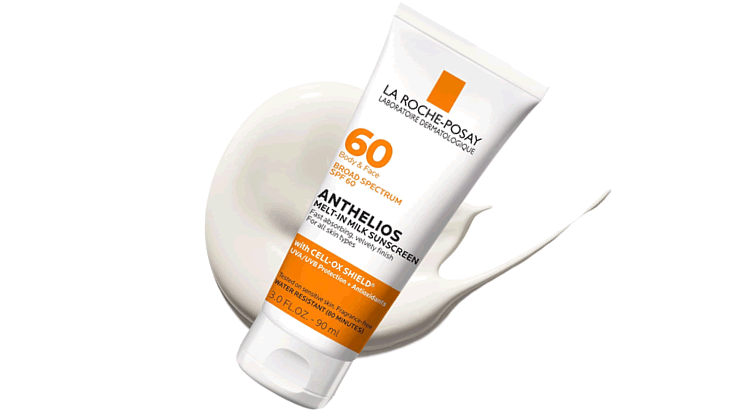
- Deeply hydrating with added antioxidants for anti-aging benefits
- Silky, non-greasy texture that blends smoothly into dry skin
- Water-resistant for up to 80 minutes—great for daily wear or outdoor activities
- Dermatologist-tested and fragrance-free, making it safe for sensitive skin
💡 Pro Tip: Look for sunscreens with added ceramides and antioxidants to protect against free radicals and premature aging caused by sun exposure.
3. Best Sunscreen for Sensitive Skin
People with sensitive skin should opt for mineral-based sunscreens containing zinc oxide and titanium dioxide instead of chemical filters like oxybenzone, which can cause irritation. The best sunscreen for sensitive skin should also be fragrance-free, hypoallergenic, and free from harsh preservatives.
Top Pick: Blue Lizard Sensitive Mineral Sunscreen SPF 50+
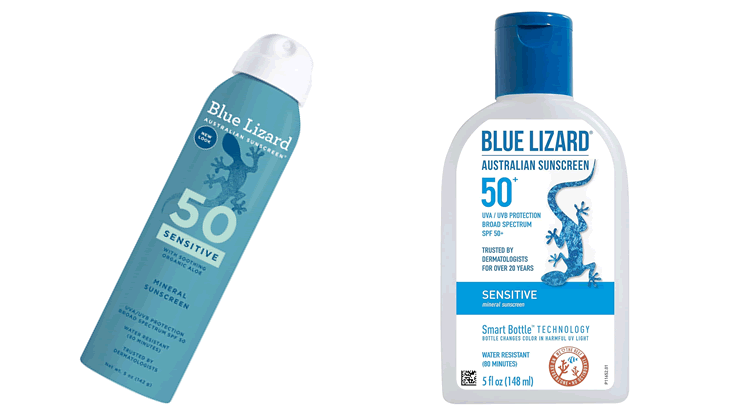
- 100% mineral-based (zinc oxide + titanium dioxide) to reduce skin irritation
- No added fragrances, parabens, or harsh chemicals
- Water-resistant for up to 80 minutes, making it ideal for outdoor use
- Dermatologist-approved for rosacea, eczema, and reactive skin
💡 Pro Tip: If you have extremely sensitive skin, test a small amount of sunscreen on your inner wrist before applying it to your face.
4. Best Sunscreen for Combination Skin
Combination skin requires a balanced sunscreen—one that controls excess oil in the T-zone but provides hydration to drier areas. A lightweight, gel-based, or hybrid sunscreen (a mix of chemical and mineral filters) often works best.
Top Pick: Supergoop! Unseen Sunscreen SPF 40
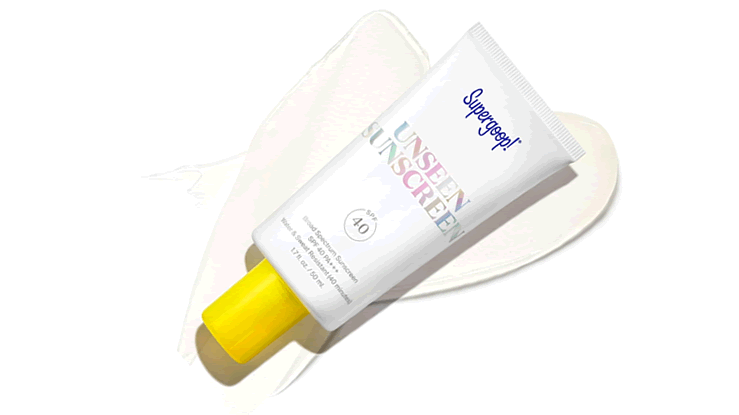
- Oil-free, weightless, and fast-absorbing—perfect for combination skin
- Primer-like texture that works well under makeup
- Contains red algae, which helps protect against blue light from screens
- Dermatologist-tested and suitable for all skin tones
💡 Pro Tip: If your combination skin leans oily, opt for a mattifying sunscreen. If it leans dry, choose a hydrating sunscreen with hyaluronic acid.
5. Best Sunscreen for Dark Skin Tones (No White Cast!)
Many sunscreens leave a chalky white cast, which can be an issue for darker skin tones. Dermatologists recommend sunscreens that use transparent zinc oxide, tinted formulas, or advanced chemical filters to provide sheer, invisible protection.
Top Pick: Black Girl Sunscreen SPF 30
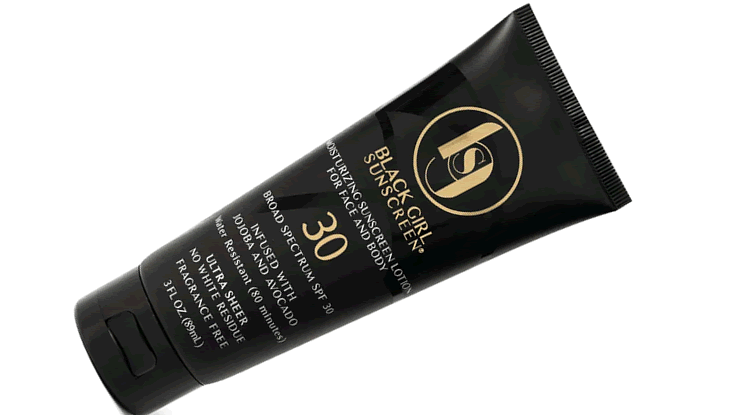
- Completely sheer with no white cast—formulated for melanin-rich skin
- Infused with jojoba and avocado oil for extra hydration
- Chemical-based sunscreen with broad-spectrum SPF 30 protection
- Dermatologist-approved and vegan-friendly
💡 Pro Tip: Tinted mineral sunscreens are a great option for dark skin, as they blend seamlessly and can even out skin tone.
6. Best Sunscreen for Sports and Outdoor Activities
If you’re swimming, hiking, or sweating under the sun, you need a high-performance, water-resistant sunscreen that stays on even with moisture. Look for sport formulas with sweat-resistant technology that offer at least SPF 50 for extended outdoor protection.
Top Pick: Heliocare 360° Water Gel SPF 50+
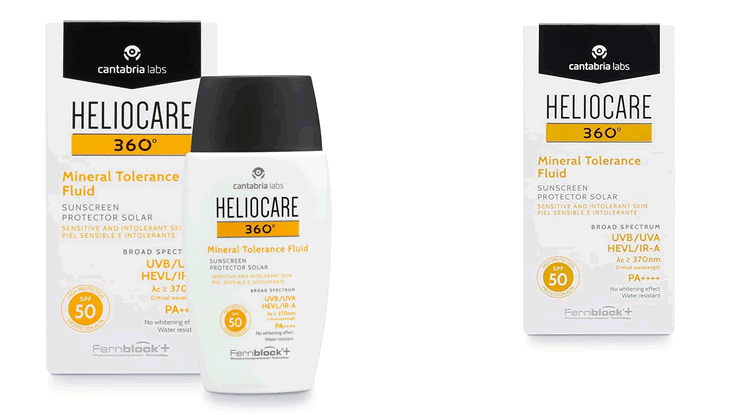
- Fast-absorbing and ultra-lightweight, perfect for active lifestyles
- Water-resistant for up to 80 minutes, making it ideal for sports
- Packed with antioxidants (Fernblock technology) for extra skin defense
- Recommended by dermatologists for high UV exposure
💡 Pro Tip: Reapply sunscreen every 2 hours, especially if you’re swimming or sweating heavily.
7. Best Sunscreen for Kids and Babies
Children’s skin is more delicate and prone to sunburn, so dermatologists recommend gentle, mineral-based sunscreens with zinc oxide and titanium dioxide. Look for tear-free, fragrance-free, and hypoallergenic formulas for extra safety.
Top Pick: Thinkbaby Safe Sunscreen SPF 50+
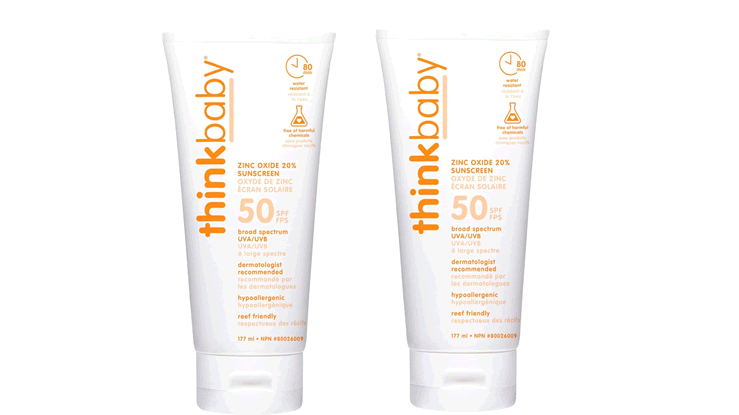
- 100% mineral sunscreen (no harsh chemicals)
- Water-resistant for 80 minutes—great for pool and beach days
- Dermatologist-tested for newborns and toddlers
- Toxin-free (no parabens, phthalates, or synthetic fragrances)
💡 Pro Tip: For babies under 6 months, dermatologists recommend avoiding direct sun exposure and using shade or protective clothing rather than sunscreen.
Choosing the Right Dermatologist-Recommended Sunscreen
When selecting the best dermatologist-recommended sunscreen, always consider your skin type, level of sun exposure, and any sensitivities you may have. Here’s a quick recap:
- Oily/Acne-Prone Skin → EltaMD UV Clear SPF 46
- Dry/Mature Skin → La Roche-Posay Anthelios Melt-in Milk SPF 60
- Sensitive Skin → Blue Lizard Sensitive SPF 50+
- Combination Skin → Supergoop! Unseen Sunscreen SPF 40
- Dark Skin (No White Cast) → Black Girl Sunscreen SPF 30
- Sports/Outdoor Activities → Heliocare 360° Water Gel SPF 50+
- Kids & Babies → Thinkbaby Safe Sunscreen SPF 50+
No matter which sunscreen you choose, apply it daily, reapply every two hours, and pair it with protective clothing, sunglasses, and hats for maximum protection.
How to Apply Sunscreen Properly for Maximum Protection
- Apply sunscreen 15-30 minutes before sun exposure
- Use a nickel-sized amount for the face and a shot-glass-sized amount for the body
- Reapply every 2 hours (or every 40-80 minutes if sweating or swimming)
- Cover often-missed areas like ears, neck, and hands
- Pair sunscreen with sun-protective clothing and sunglasses
💡 Tip: Wearing sunscreen every day is the most effective way to protect your skin and maintain a youthful appearance!
Now Over to You!
What’s your favorite dermatologist-recommended sunscreen? Have you tried any of the sunscreens on this list? Share your thoughts and experiences in the comments!
You Might Like;
Should I wear Sunscreen for sensitive skin
What’s Special About Black Girl Sunscreen?
Can a White Person Use Black Girl Sunscreen?

